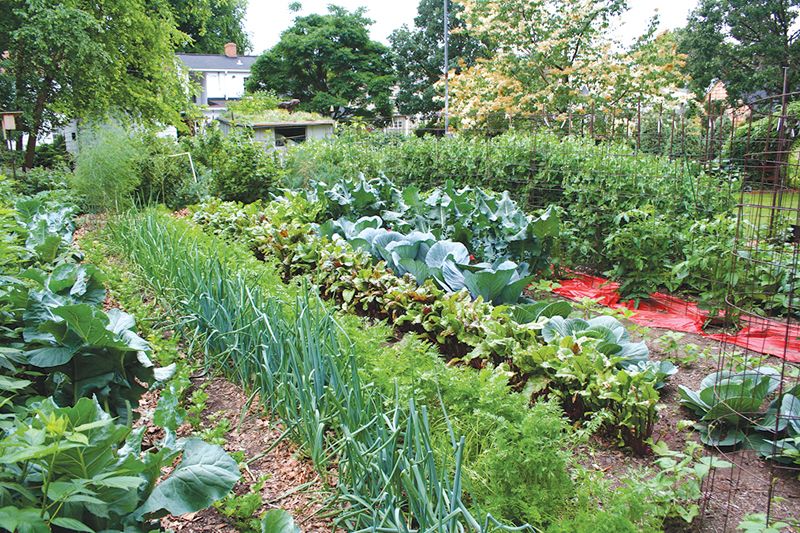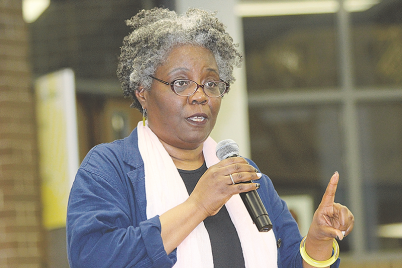ST. PETERSBURG — The Sustainable Urban Agriculture Coalition (SUAC), a group that is spearheading urban agriculture in St. Petersburg, is again organizing a series of basic vegetable gardening classes.
These classes will take place every Saturday morning starting September 6 for seven weeks at the Faith House Garden at 310 15th St. N. in St. Petersburg from 8:30-10 a.m.
“The rising cost of food and a growing desire to eat fresh local organic vegetables is creating a need for gardening instruction,” said Bill Bilodeau one of the instructors.
The classes are designed to teach the basics of starting a food garden or to become an informed member of a community garden. The participants will learn about the soil and necessary growing conditions, organic fertilizing, starting seedlings and transplanting them, watering, the fine art of weeding, plant maintenance and harvesting. It will be a hands-on experience for all ages.
The Faith House garden is a 20,000 sq. ft. garden and a permaculture demonstration site producing vegetables for the 40 to 50 residents of the transitional housing facility. In addition to producing vegetables the garden also has 30 egg laying hens, which consume the kitchen leftovers making it an efficient closed loop food system.
“Lack of confidence and lack of opportunity are handicaps in starting a vegetable garden. We shall demonstrate that it is much easier than people think,” said Emmanuel Roux, co-manager of the garden.
The cost of the seven classes is a minimum contribution of $75. Those in financial need can volunteer 15 hours with a SUAC affiliated garden in lieu of payment. These volunteer hours are to be completed by the end of the course.
Curriculum for sessions 1 – 7
- Introduction: SUAC, organic methods, permaculture, site evaluation, garden infrastructure, how to get a food garden started.
- Soils: Types, nutrients, PH evaluation, planting bed prep & renewal. Fertility: composting, manures, fertilizers (store bought & homemade)
- Seeds: Heirloom & hybrid seeds, seasonal scheduling, ordering seeds, and direct sowing, care of new seedlings.
- Transplants: Growing and planting transplants, soil mixes & equipment, plant spacing in the garden.
- Water: Sources, distribution methods, rainwater catchment, hand watering equipment.
- Garden maintenance: Monitoring, weeding, mulching, insect & disease control, tools.
- Rounding out the garden: Fruits, herbs, edible weeds, perennial food plants, flowers, native plants, small animals. Final questions and comments.
What to bring to class
- Pocket notebook & pen, water, hat, gloves if desired.
- Please wear gardening clothes and be prepared to get dirty. Sandals and open-toed shoes are not recommended.









